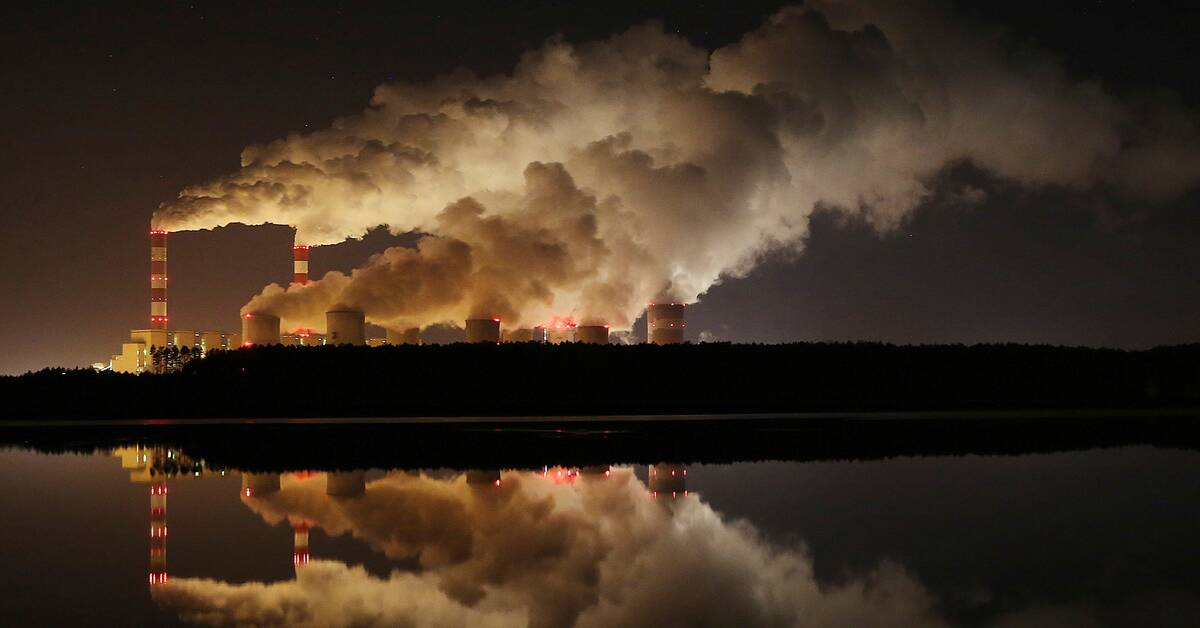In Canada, the state-owned company OPG has ordered six smaller SMR-type reactors, from GE Hitachi.
A site near a nuclear power plant has been selected, thus Canada is considered to have come the furthest in the world with small nuclear reactors.
There is still no license from the radiation safety authorities to build a plant, but OPG hopes to have its own reactor in commercial operation by 2028.
Several countries have shown interest - often those that already have nuclear power plants in operation.
Running prices
In the United States and the United Kingdom, governments want to accelerate investment in SMRs by promising help with financing first-of-a-kind projects.
American Nuscale has been approved to build a test SMR, which should be completed in 2029.
In the UK, during the climate summit in Glasgow in November last year, the government presented a billion support to Rolls Royce to continue developing SMR.
Even then, before the war, reference was made to independent and skyrocketing oil and gas prices.
France is Europe's largest nuclear power country, where state-owned EDF builds and operates the facilities.
EDF is currently developing its own SMRs, with pressurized water technology.
Poland does not have nuclear power today, but wants to expand both SMR and large nuclear power plants.
In Poland, large industries often have their own plants for electricity and energy production - today mostly coal and oil.
Here, small reactors could replace coal burners in existing power plants
Training
According to Desirée Comstedt at Vattenfall, who has also had contact with Polish companies, there are major challenges in building competence in countries that have never had nuclear power.
In Estonia, Vattenfall is participating in the development of an SMR reactor.
There are also exchanges and trainee programs to train cutting-edge expertise in operating nuclear power plants.
The Netherlands is also talking about developing new nuclear power, and just like Poland, it lacks hydropower to counteract large fluctuations in electricity production from, for example, solar or wind power.
- It is clear that countries that do not have much hydropower have an even greater need to find base power as nuclear power, when they must quickly invest in renewables and phase out as much fossil fuels as possible, says Desirée Comstedt.

